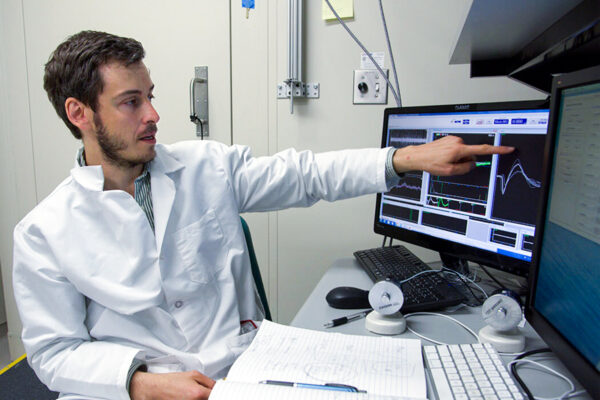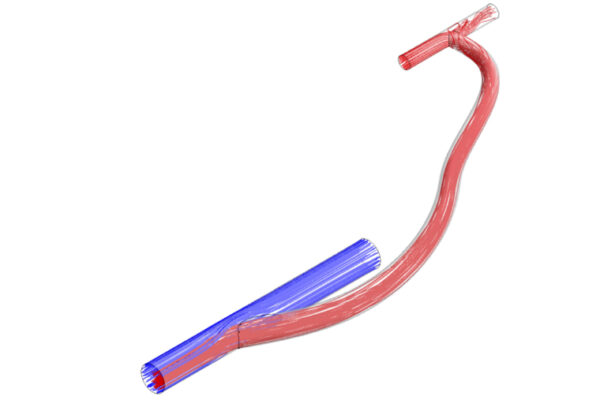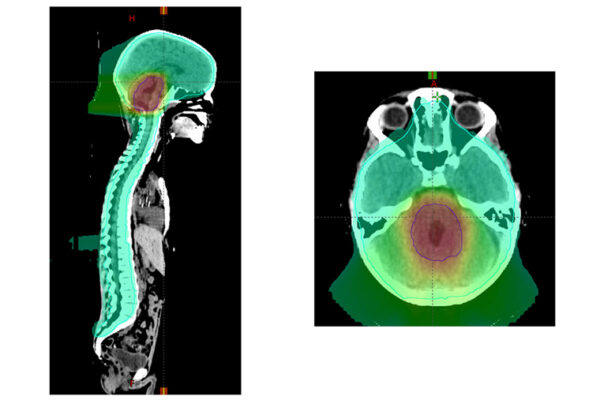Blood cancer patients with COVID-19 fare better with convalescent plasma
Jeffrey P. Henderson, MD, PhD, at Washington University School of Medicine, is an author on a new study that shows that convalescent plasma from recovered COVID-19 patients can dramatically increase the likelihood of survival for blood cancer patients hospitalized with COVID-19.
Immune system protein may defend against deadly intestinal disease in babies
A study led by researchers at Washington University School of Medicine has identified a protein in the immune system that may protect babies from necrotizing enterocolitis, a leading cause of death among premature infants.
Cheng honored for work to advance pain relief without adverse effects
Wayland Cheng, MD, PhD, assistant professor of anesthesiology at the School of Medicine, has received the 2021 Frontiers in Anesthesia Research Award from the International Anesthesia Research Society. The prestigious $750,000 award, which is given only once every three years, funds projects with an eye toward developing future leaders in anesthesiology.
School-based COVID-19 testing initiative focuses on vulnerable populations
Researchers at Washington University School of Medicine have received $8 million from the National Institutes of Health (NIH) for two school-based projects — one in St. Louis County and the other in Maryland — aimed at safely returning students and staff to in-person school.
What makes us sneeze?
A team led by researchers at the School of Medicine has identified, in mice, specific cells and proteins that control the sneeze reflex. Better understanding of what causes sneezing may point to treatments to slow the spread of infectious respiratory diseases.
Rudra receives NSF CAREER Award
Jai Rudra, assistant professor at the McKelvey School of Engineering, will use a CAREER Award from the National Science Foundation to study chirality in nanomaterials and ultimately help design safer synthetic nanomaterial vaccines.
Study finds brain areas involved in seeking information about bad possibilities
Researchers at Washington University School of Medicine have identified the brain regions involved in choosing whether to find out if a bad event is about to happen. The findings are published June 11 in Neuron.
Improving dialysis through design
Faculty from the McKelvey School of Engineering and the School of Medicine teamed up to design better grafts for dialysis patients.
Study sheds light on treatment options for devastating childhood brain cancer
A new study led by Washington University School of Medicine provides new guidance on the treatment of medulloblastoma, a pediatric brain cancer. Some aspects of radiation therapy may be reduced while still providing effective treatment.
Laughing gas relieves symptoms in people with treatment-resistant depression
Researchers at the School of Medicine and the University of Chicago have found that a single, one-hour treatment that involves breathing in laughing gas can significantly improve symptoms in people with treatment-resistant depression.
Older Stories









